Microsoft does the business with Windows 8 tablets
Software giant talks up the business case for the tablet versions of its next generation operating system.
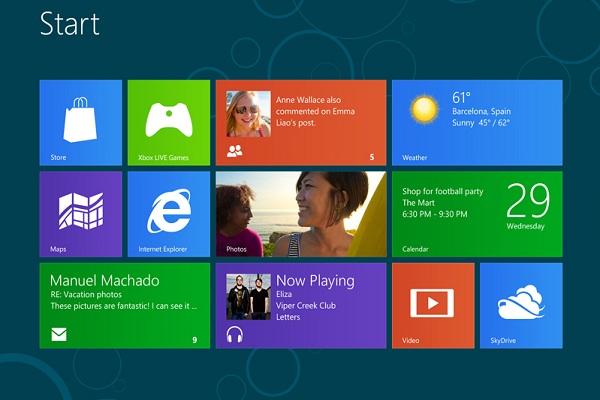
Microsoft has been waxing lyrical about the business benefits of its soon-to-be launched ARM-powered Windows 8 tablets, as the hype surrounding the release of its next operating system grows.
During a conference call with journalists yesterday, Erwin Visser, senior director of the Windows Commercial Business Group, repeatedly stressed the enterprise friendliness of Windows 8.
For every business need, there will be a Windows 8 device to support it.
"It's the only [operating system] platform in the world that gives [users] the large and unique choice their business requires," said Visser.
"For every business need, there will be a Windows 8 device to support it."
Turning his attention to the range of tablet devices Windows 8 will run on, Visser said the firm's OEM partners are working on a range of vertical-specific form factors.
These include devices that can be easily sanitised for use by hospital workers and ruggedised tablets for telco engineers to use in the field, for example.
Get the ITPro daily newsletter
Sign up today and you will receive a free copy of our Future Focus 2025 report - the leading guidance on AI, cybersecurity and other IT challenges as per 700+ senior executives
"Customers have been telling us that Windows 8 tablets are the [ones] they've been waiting for...and they work very well with their existing [Windows 7] infrastructure," said Visser.
Despite analysts describing the ARM-powered Windows 8 tablet, Windows RT, as a consumer device, Visser insisted the product would be a good fit for business users.
The reason for this is because Windows RT tablets will be "thin, light and sleek" and also boast a long battery life," he claimed.
These features should make the devices appeal to airline staff, who need tablets to deliver in-flight services, as well as field-based engineers and retail store workers.
"Following our conversations with customers, we [also] believe these devices will be [a good choice] for companies that let employees bring their own devices to work," he added.
One of the reasons analysts have previously dismissed RT as a consumer product is because the devices are incompatible with x86 desktop applications. However, Microsoft has found a way round this, revealed Visser.
"Windows desktop apps and Windows 7 apps will not run natively [on Windows RT] but we will still offer customers the opportunity to get access to those apps...using remote desktop services," he said.
"We can also give Windows RT full and seamless access to a host of Windows instants running in the datacentre or a particular desktop application using a technology called Remote App.
"Relative to other ARM devices, Windows RT will be the most compatible ARM offering in the marketplace," he added.
-
 Should AI PCs be part of your next hardware refresh?
Should AI PCs be part of your next hardware refresh?AI PCs are fast becoming a business staple and a surefire way to future-proof your business
By Bobby Hellard Published
-
 Westcon-Comstor and Vectra AI launch brace of new channel initiatives
Westcon-Comstor and Vectra AI launch brace of new channel initiativesNews Westcon-Comstor and Vectra AI have announced the launch of two new channel growth initiatives focused on the managed security service provider (MSSP) space and AWS Marketplace.
By Daniel Todd Published
-
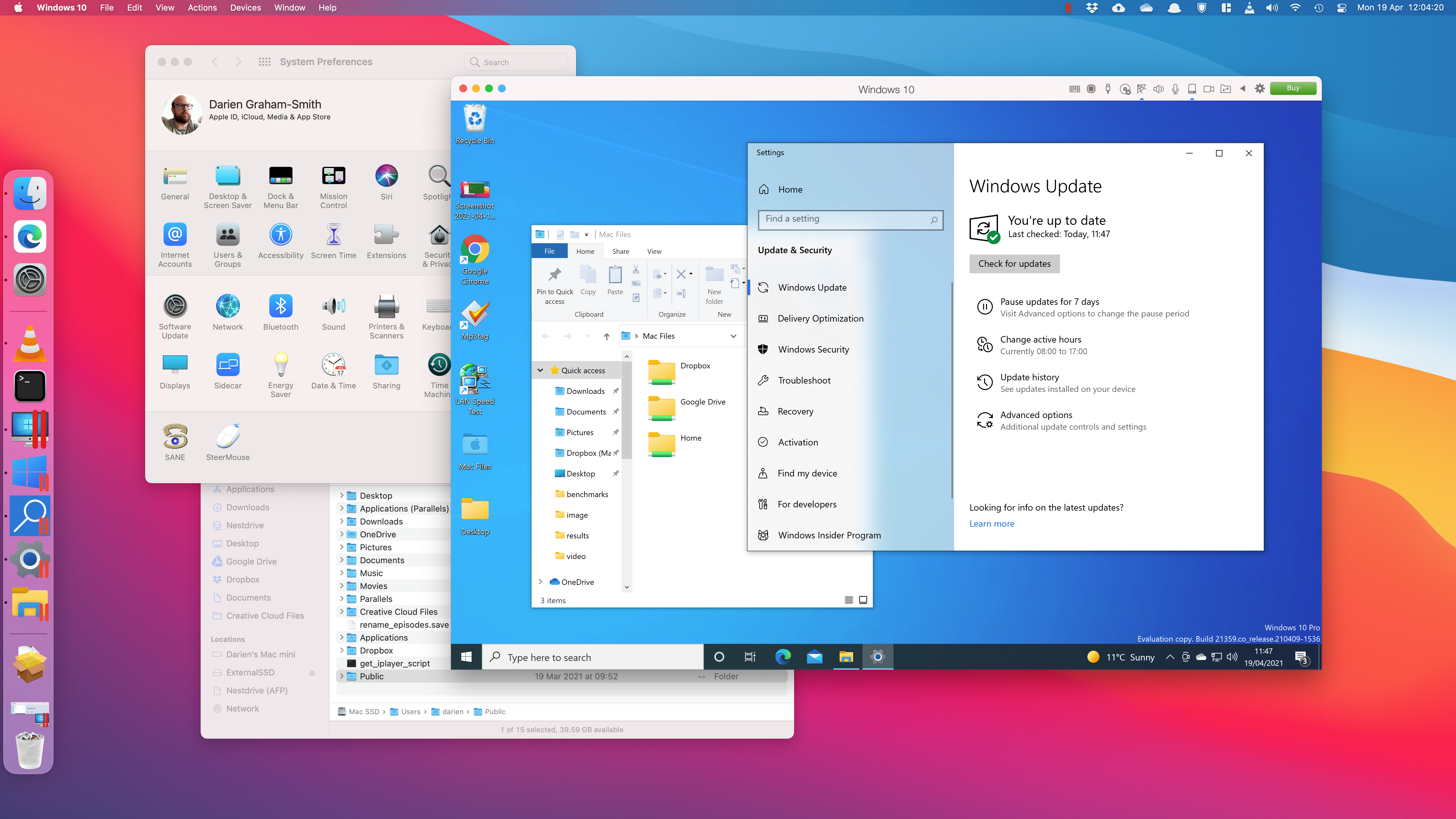
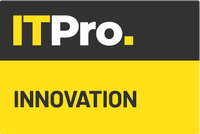 Parallels Desktop 16.5 review: Windows comes to Apple Silicon (sort of)
Parallels Desktop 16.5 review: Windows comes to Apple Silicon (sort of)Reviews The best way to run Windows apps on an M1 Mac – but it’s not yet a fully stable proposition
By Darien Graham-Smith Published
-
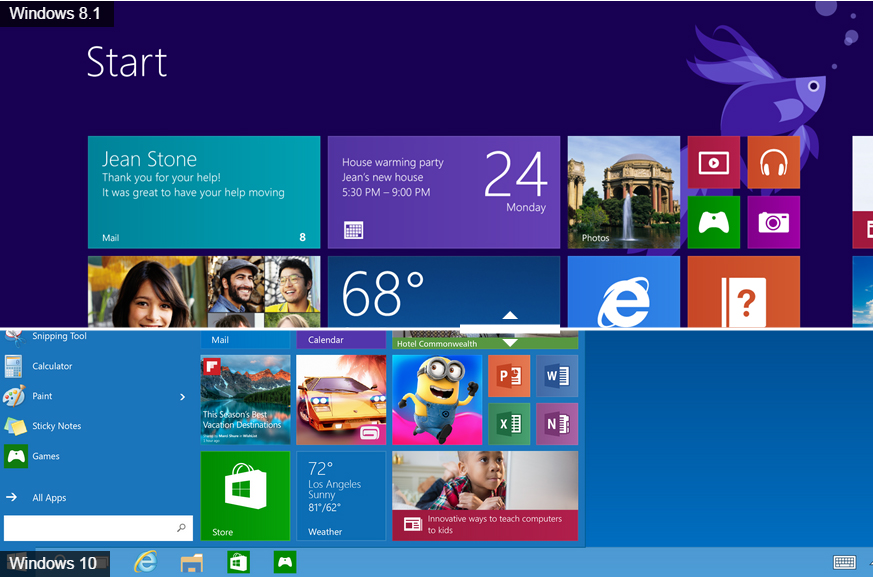 Windows 10 vs Windows 8.1: Which was the best operating system?
Windows 10 vs Windows 8.1: Which was the best operating system?Vs We rate Windows 10 vs Windows 8.1 in a number of key categories for professional use
By Barry Collins Last updated
-
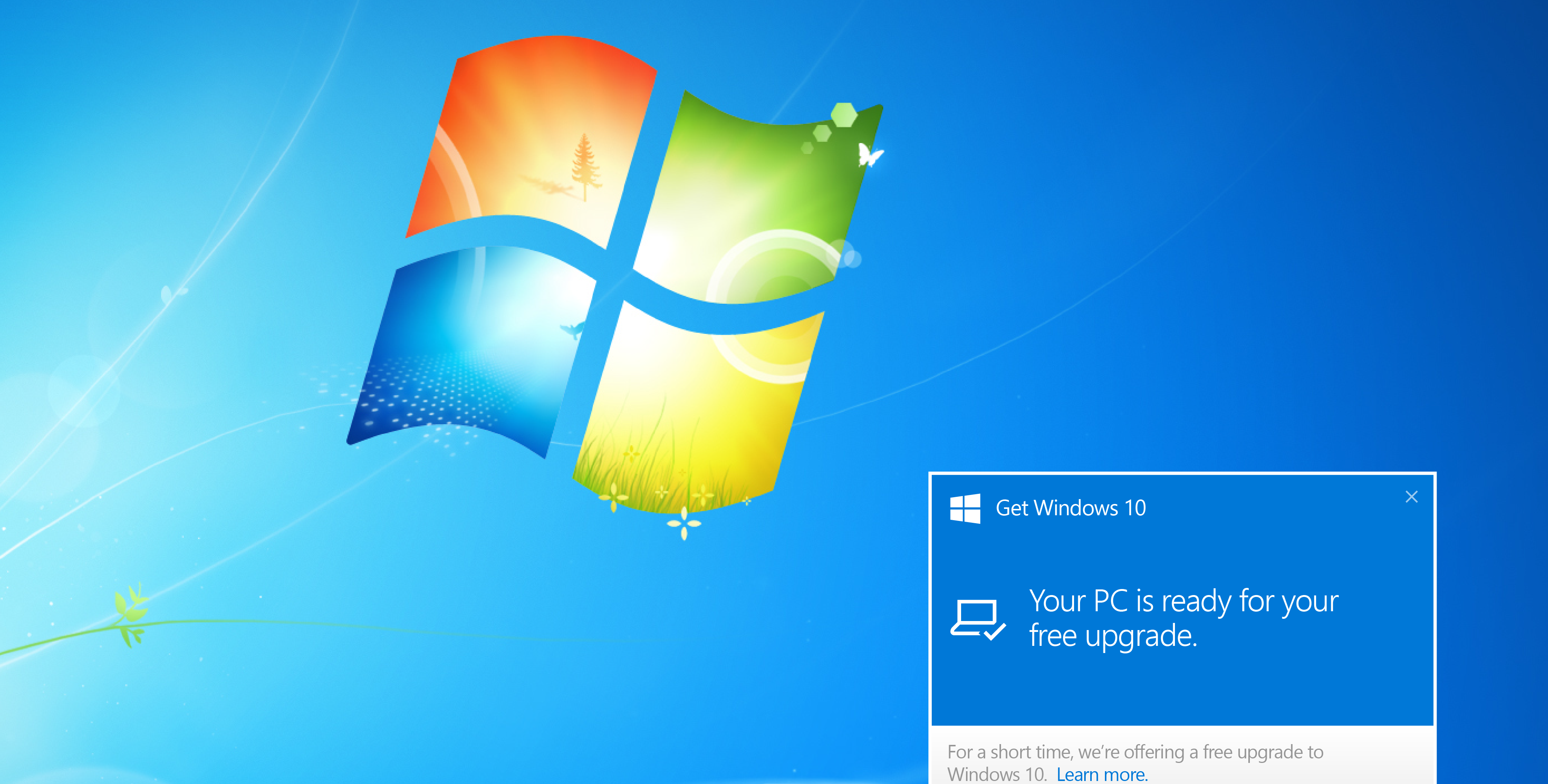 Windows 10 vs Windows 8.1 vs Windows 7 - Microsoft OS head-to-head
Windows 10 vs Windows 8.1 vs Windows 7 - Microsoft OS head-to-headVs We pit Microsoft's most popular operating systems against each other to see which is the greatest of all time
By Mike Passingham Last updated
-
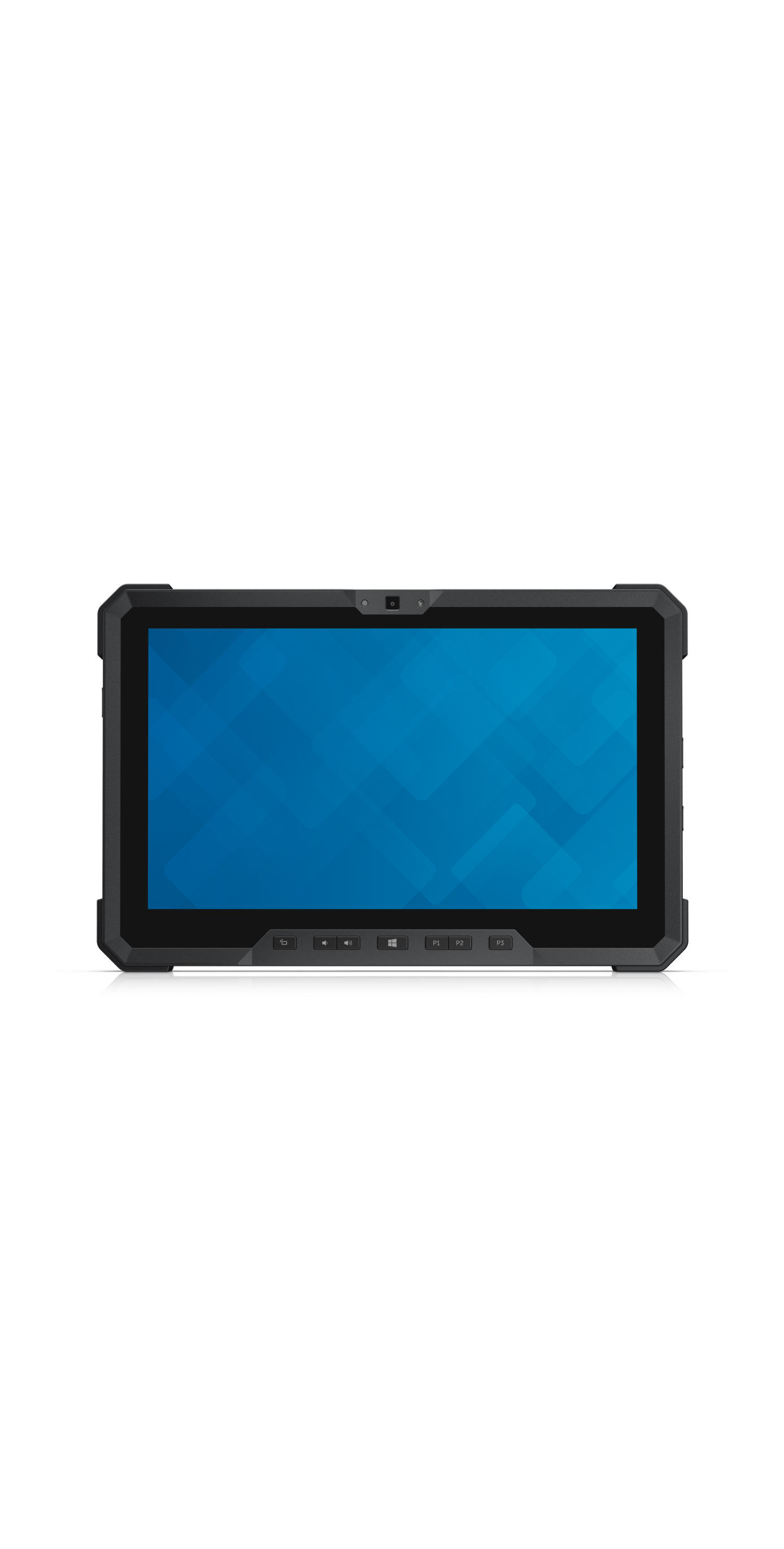 Dell Latitude 12 Rugged Tablet review
Dell Latitude 12 Rugged Tablet reviewReviews Dell's military-grade tablet wasn't rugged enough to survive IT Pro's Adam Shepherd
By Adam Shepherd Published
-
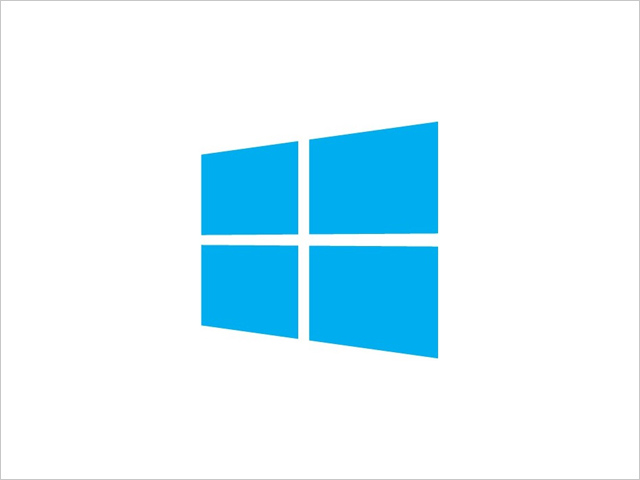 Top 10 Windows 8.1 and Windows 10 apps for 2015
Top 10 Windows 8.1 and Windows 10 apps for 2015Best Our collection of the best and most popular Windows 8.1and Windows 10 apps to download in 2015
By Caroline Preece Published
-
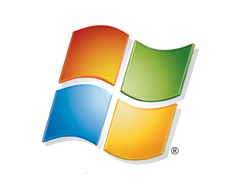 Windows 8.1 vs. Windows 7 – Which is best for you?
Windows 8.1 vs. Windows 7 – Which is best for you?Vs As Windows 10 draws nearer and Microsoft distances itself from older OS, we look at the best option for your PC
By Kyle Nazario Published
-
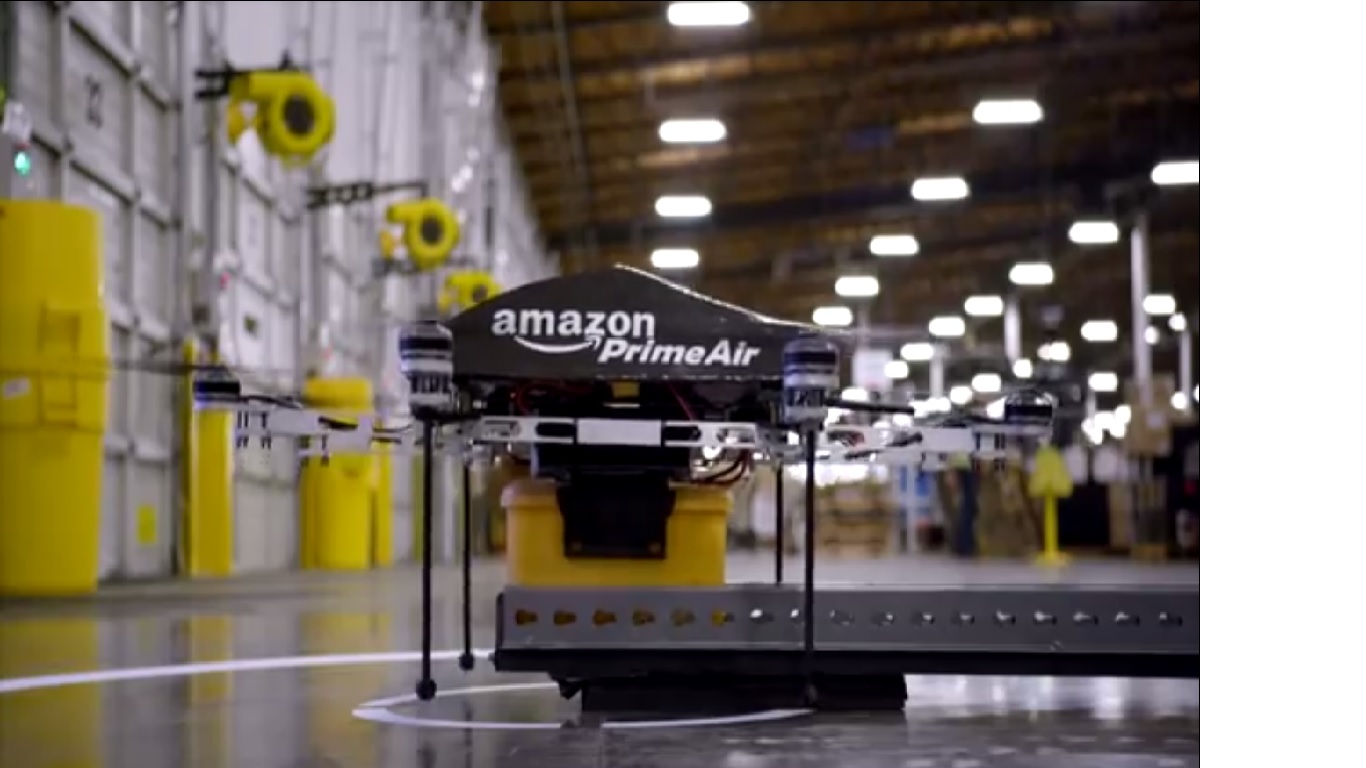 Amazon delivery drones grounded by FAA's new aviation rules
Amazon delivery drones grounded by FAA's new aviation rulesNews FAA says drones can’t fly at night, and must be within sight of their operators at all times
By Joe Curtis Published
-
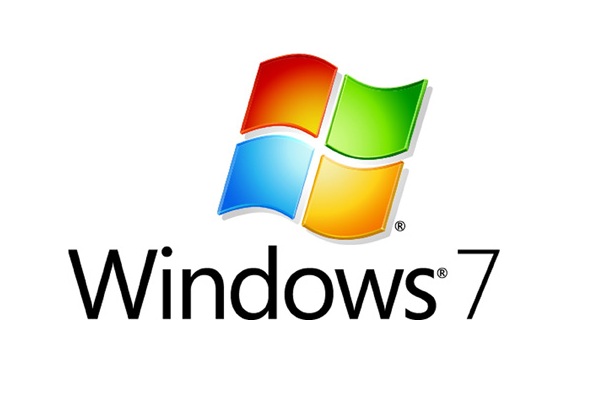 Windows 7 mainstream support ends tonight
Windows 7 mainstream support ends tonightNews When the clocks strike midnight, no more Windows 7 software improvements will come from Microsoft
By Joe Curtis Published